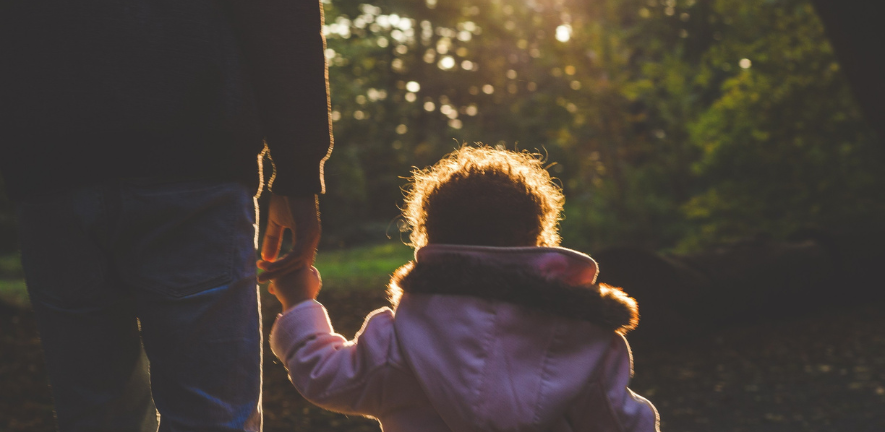
Submitted by Livia Harriman on Thu, 26/06/2025 - 13:07
When people imagine the life of a cutting-edge scientist, they might picture lab coats, late-night research, and groundbreaking discoveries. What they often don’t see is a toddler tugging at a parent’s sleeve or the careful calculus of who picks up the child from daycare. For Professor Adrian Liston, an immunologist at the University of Cambridge, the realities of science and parenthood are not separate worlds—they’re deeply intertwined.
Adrian and his partner, both postdoctoral researchers in the US at the time, made an early, conscious decision: parenting would be shared equally. “Equal parenting wasn’t just our goal—it was our foundation,” he reflects. That philosophy became the core of how they navigated their careers and built their family life.
But balancing two demanding scientific careers with hands-on parenting was never going to be simple. They faced what Adrian calls the “three-body problem”—not just two careers pulling in different directions, but the added complexity of raising a child while trying to choose where, and how, to live as a family. Ultimately, they chose Cambridge, a place that offered the right balance of academic opportunity and family-friendly living.
Today, Adrian not only leads a research team focused on immunology, genetics, and neurological diseases, but also writes science books for children, creates educational games, and advocates for better support systems for caregivers in science. He believes scientists should bring their whole selves to their work, including their roles as parents.
His story, featured by Mothers in Science as part of their “Journeys” series, highlights the need to normalise caregiving in STEM and to dismantle outdated ideas that one must choose between parenting and professional excellence.
For Adrian, science isn’t just something to be published in journals—it’s something to be shared, taught, and made accessible. And parenting isn’t a pause in a career; it’s a partnership that, when truly shared, strengthens every part of life.
As academia slowly redefines what success looks like, stories like Adrian’s light the way forward—not only for parents in science but for science itself.
Read the article here>>

